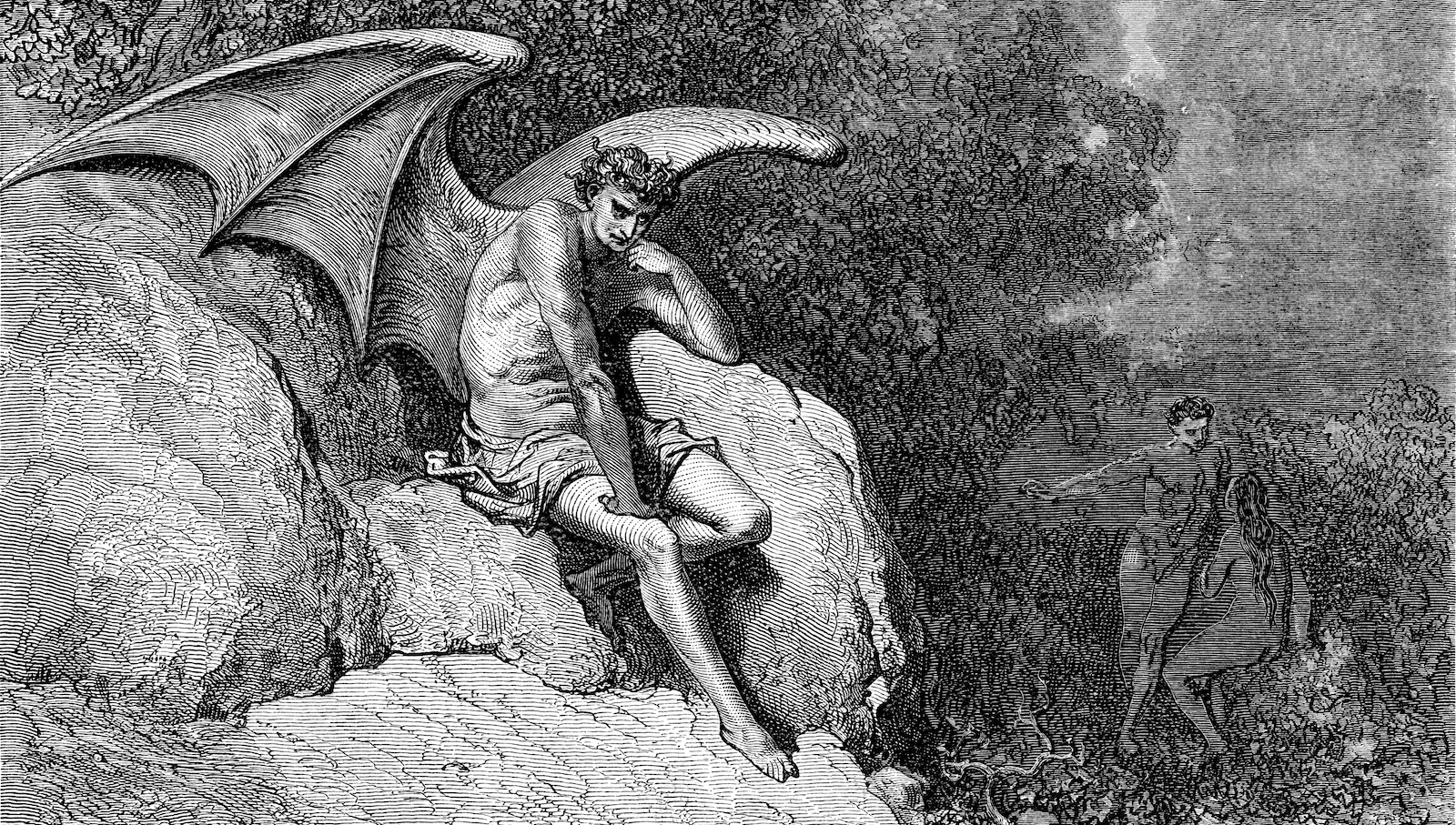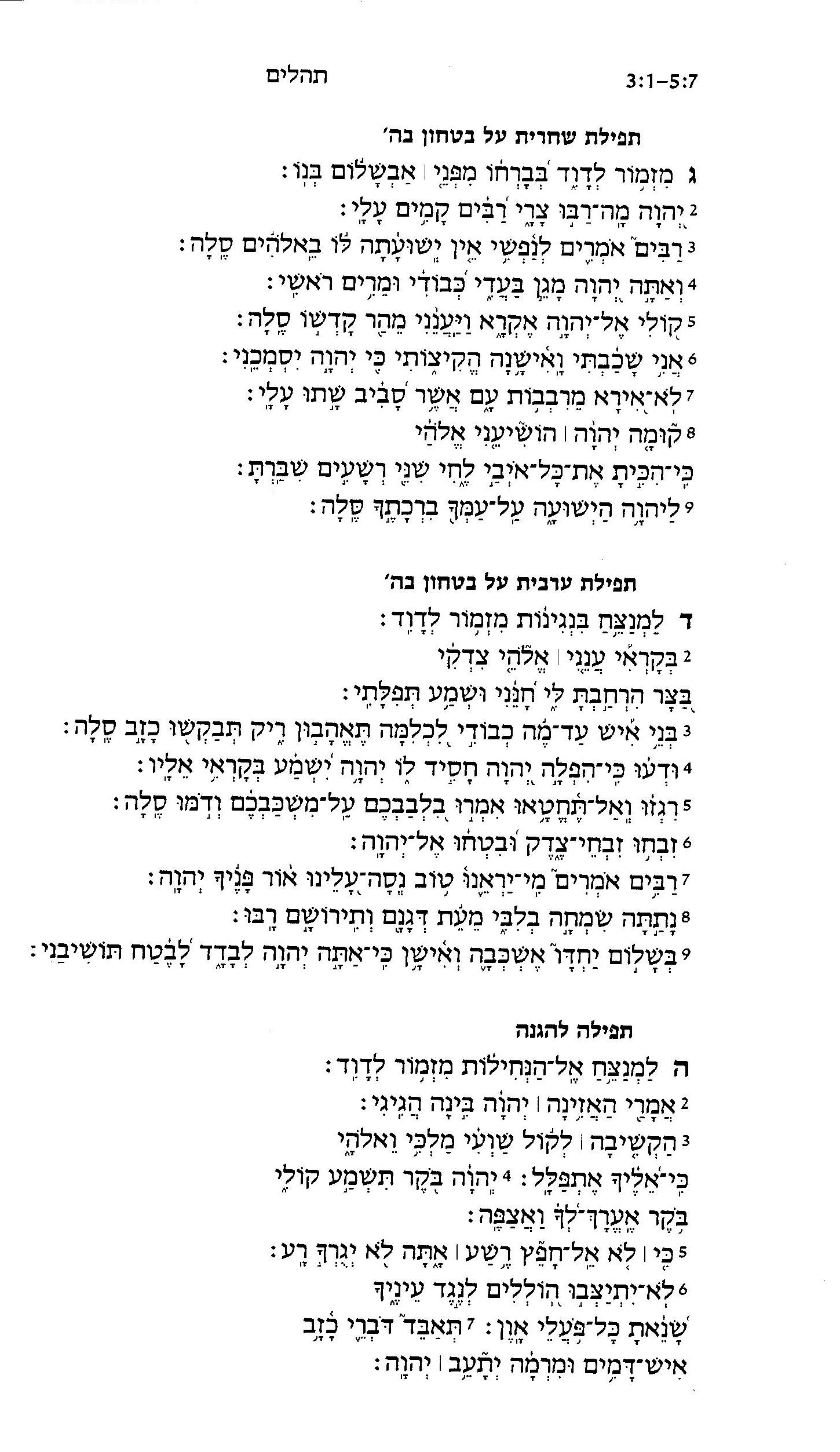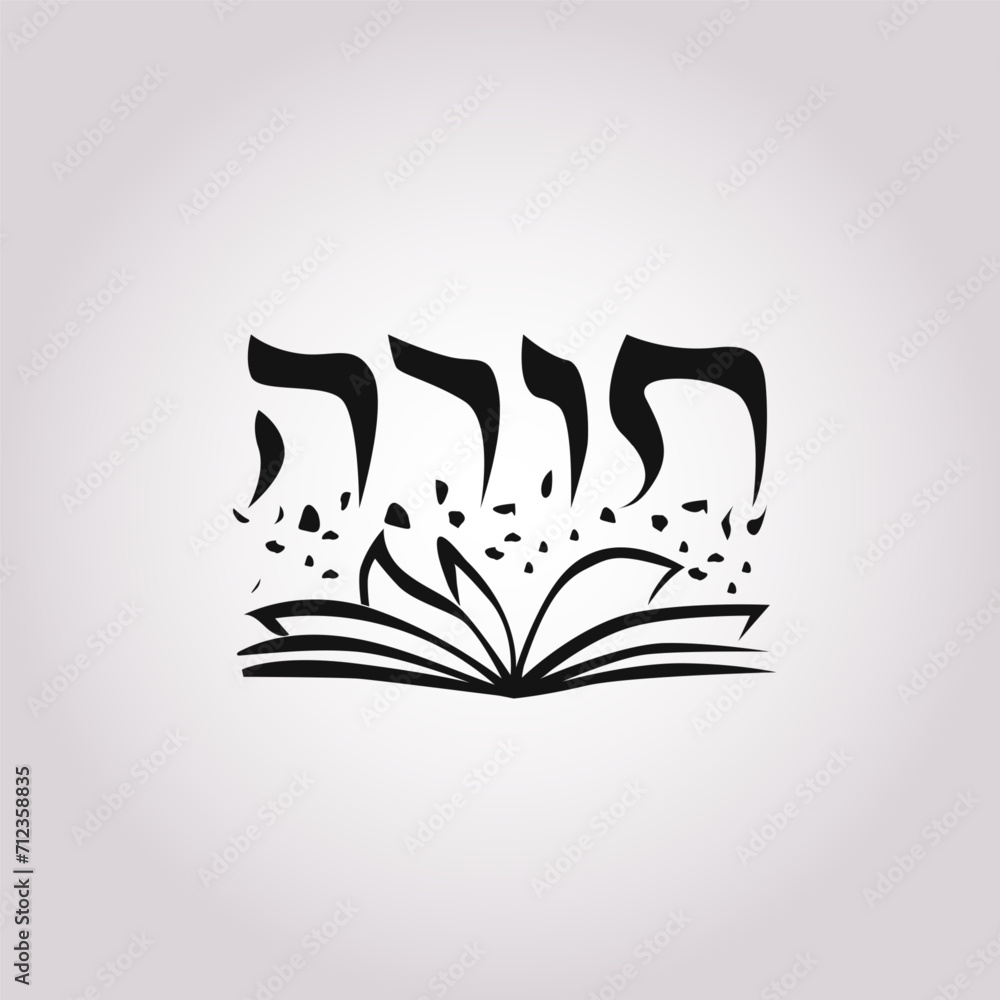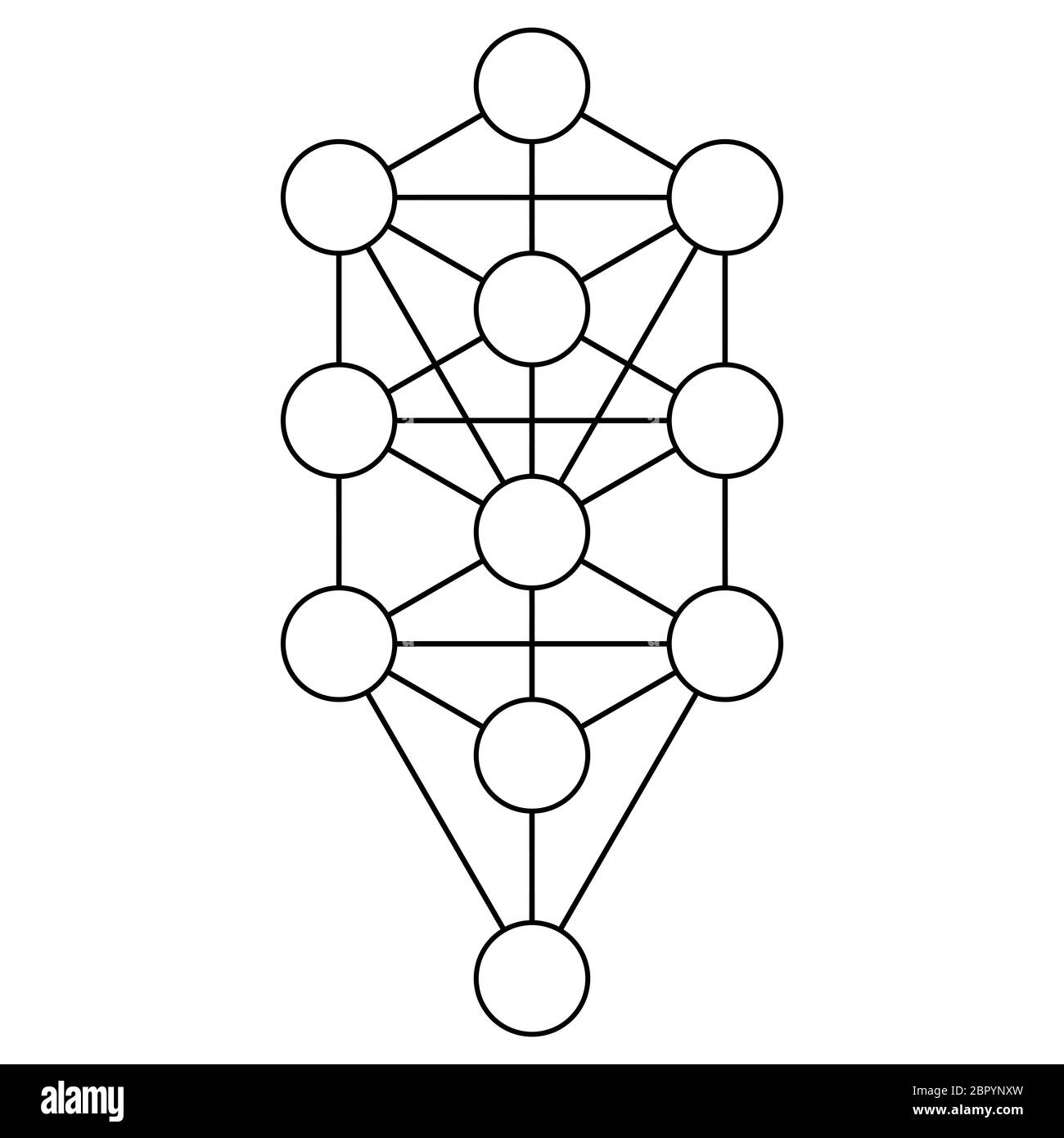Hebrew Word For Devil - Derived from the root verb שָׂטַן (satan), meaning to oppose or to act as an. The hebrew word sa'iyr primarily refers to a male goat, often used in the context of sacrificial offerings and as a symbol of sin and. Satan comes from a hebrew word meaning adversary. In hebrew, the term satan is usually translated as “opponent” or “adversary,” and he is often understood to represent the sinful impulse (in. Satan is mentioned many times in the new testament. Strong's number h7854 matches the hebrew שָׂטָן (śāṭān), which occurs 27 times in 23 verses in the wlc hebrew.
Strong's number h7854 matches the hebrew שָׂטָן (śāṭān), which occurs 27 times in 23 verses in the wlc hebrew. The hebrew word sa'iyr primarily refers to a male goat, often used in the context of sacrificial offerings and as a symbol of sin and. Satan comes from a hebrew word meaning adversary. Derived from the root verb שָׂטַן (satan), meaning to oppose or to act as an. In hebrew, the term satan is usually translated as “opponent” or “adversary,” and he is often understood to represent the sinful impulse (in. Satan is mentioned many times in the new testament.
The hebrew word sa'iyr primarily refers to a male goat, often used in the context of sacrificial offerings and as a symbol of sin and. Strong's number h7854 matches the hebrew שָׂטָן (śāṭān), which occurs 27 times in 23 verses in the wlc hebrew. Derived from the root verb שָׂטַן (satan), meaning to oppose or to act as an. In hebrew, the term satan is usually translated as “opponent” or “adversary,” and he is often understood to represent the sinful impulse (in. Satan is mentioned many times in the new testament. Satan comes from a hebrew word meaning adversary.
Do Jews Believe in Satan? My Jewish Learning
In hebrew, the term satan is usually translated as “opponent” or “adversary,” and he is often understood to represent the sinful impulse (in. Derived from the root verb שָׂטַן (satan), meaning to oppose or to act as an. Strong's number h7854 matches the hebrew שָׂטָן (śāṭān), which occurs 27 times in 23 verses in the wlc hebrew. Satan is mentioned.
how do you say devil in hebrew YouTube
The hebrew word sa'iyr primarily refers to a male goat, often used in the context of sacrificial offerings and as a symbol of sin and. In hebrew, the term satan is usually translated as “opponent” or “adversary,” and he is often understood to represent the sinful impulse (in. Derived from the root verb שָׂטַן (satan), meaning to oppose or to.
Teknia hebrew font kindleluda
Satan is mentioned many times in the new testament. Strong's number h7854 matches the hebrew שָׂטָן (śāṭān), which occurs 27 times in 23 verses in the wlc hebrew. The hebrew word sa'iyr primarily refers to a male goat, often used in the context of sacrificial offerings and as a symbol of sin and. Satan comes from a hebrew word meaning.
Single hebrew word on page of old Torah book. English translation is
Satan is mentioned many times in the new testament. The hebrew word sa'iyr primarily refers to a male goat, often used in the context of sacrificial offerings and as a symbol of sin and. In hebrew, the term satan is usually translated as “opponent” or “adversary,” and he is often understood to represent the sinful impulse (in. Derived from the.
Linguistic and Philological Studies of the Hebrew Bible and its
The hebrew word sa'iyr primarily refers to a male goat, often used in the context of sacrificial offerings and as a symbol of sin and. Derived from the root verb שָׂטַן (satan), meaning to oppose or to act as an. In hebrew, the term satan is usually translated as “opponent” or “adversary,” and he is often understood to represent the.
Jewish Word For Sin Letter Words Unleashed
Satan is mentioned many times in the new testament. Satan comes from a hebrew word meaning adversary. In hebrew, the term satan is usually translated as “opponent” or “adversary,” and he is often understood to represent the sinful impulse (in. The hebrew word sa'iyr primarily refers to a male goat, often used in the context of sacrificial offerings and as.
My First Hebrew Word Book, Hobbies & Toys, Books & Magazines, Children
In hebrew, the term satan is usually translated as “opponent” or “adversary,” and he is often understood to represent the sinful impulse (in. The hebrew word sa'iyr primarily refers to a male goat, often used in the context of sacrificial offerings and as a symbol of sin and. Strong's number h7854 matches the hebrew שָׂטָן (śāṭān), which occurs 27 times.
Top 9 Hebrew Fun Facts Discover Amazing Trivia About the Ancient Language
In hebrew, the term satan is usually translated as “opponent” or “adversary,” and he is often understood to represent the sinful impulse (in. Satan is mentioned many times in the new testament. Derived from the root verb שָׂטַן (satan), meaning to oppose or to act as an. Strong's number h7854 matches the hebrew שָׂטָן (śāṭān), which occurs 27 times in.
Kabbalah hebrew font lenatracks
Satan comes from a hebrew word meaning adversary. In hebrew, the term satan is usually translated as “opponent” or “adversary,” and he is often understood to represent the sinful impulse (in. Derived from the root verb שָׂטַן (satan), meaning to oppose or to act as an. Strong's number h7854 matches the hebrew שָׂטָן (śāṭān), which occurs 27 times in 23.
HEBREW WORD PICTURES HOW DOES THE HEBREW ALPHABET REVEAL PROPHETIC
Derived from the root verb שָׂטַן (satan), meaning to oppose or to act as an. The hebrew word sa'iyr primarily refers to a male goat, often used in the context of sacrificial offerings and as a symbol of sin and. Strong's number h7854 matches the hebrew שָׂטָן (śāṭān), which occurs 27 times in 23 verses in the wlc hebrew. Satan.
Satan Is Mentioned Many Times In The New Testament.
In hebrew, the term satan is usually translated as “opponent” or “adversary,” and he is often understood to represent the sinful impulse (in. The hebrew word sa'iyr primarily refers to a male goat, often used in the context of sacrificial offerings and as a symbol of sin and. Satan comes from a hebrew word meaning adversary. Strong's number h7854 matches the hebrew שָׂטָן (śāṭān), which occurs 27 times in 23 verses in the wlc hebrew.









